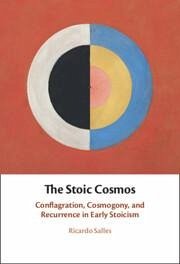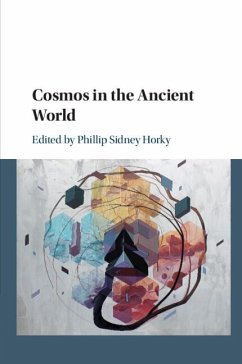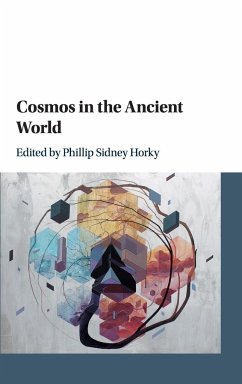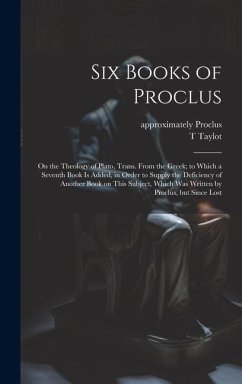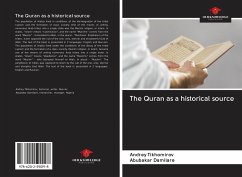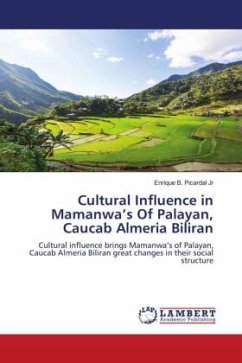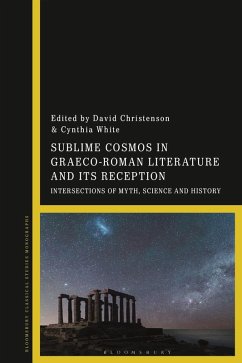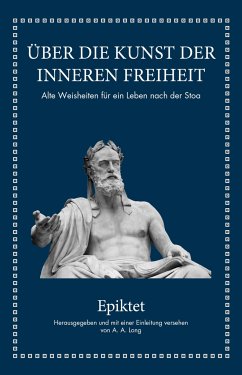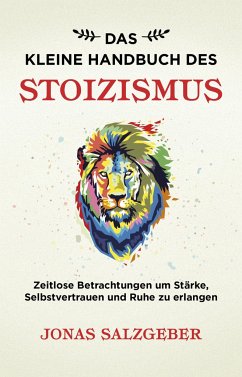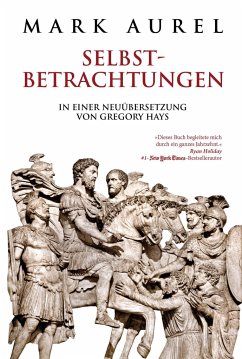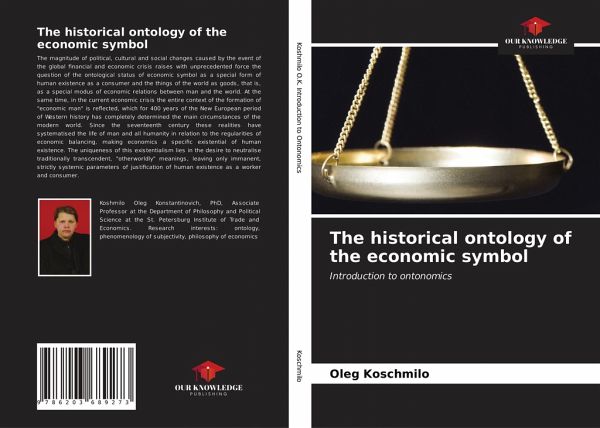
The historical ontology of the economic symbol
Introduction to ontonomics
Versandkostenfrei!
Versandfertig in 6-10 Tagen
45,99 €
inkl. MwSt.

PAYBACK Punkte
23 °P sammeln!
The magnitude of political, cultural and social changes caused by the event of the global financial and economic crisis raises with unprecedented force the question of the ontological status of economic symbol as a special form of human existence as a consumer and the things of the world as goods, that is, as a special modus of economic relations between man and the world. At the same time, in the current economic crisis the entire context of the formation of "economic man" is reflected, which for 400 years of the New European period of Western history has completely determined the main circum...
The magnitude of political, cultural and social changes caused by the event of the global financial and economic crisis raises with unprecedented force the question of the ontological status of economic symbol as a special form of human existence as a consumer and the things of the world as goods, that is, as a special modus of economic relations between man and the world. At the same time, in the current economic crisis the entire context of the formation of "economic man" is reflected, which for 400 years of the New European period of Western history has completely determined the main circumstances of the modern world. Since the seventeenth century these realities have systematised the life of man and all humanity in relation to the regularities of economic balancing, making economics a specific existential of human existence. The uniqueness of this existentialism lies in the desire to neutralise traditionally transcendent, "otherworldly" meanings, leaving only immanent, strictly systemic parameters of justification of human existence as a worker and consumer.
The magnitude of political, cultural and social changes caused by the event of the global financial and economic crisis raises with unprecedented force the question of the ontological status of economic symbol as a special form of human existence as a consumer and the things of the world as goods, that is, as a special modus of economic relations between man and the world. At the same time, in the current economic crisis the entire context of the formation of "economic man" is reflected, which for 400 years of the New European period of Western history has completely determined the main circumstances of the modern world. Since the seventeenth century these realities have systematised the life of man and all humanity in relation to the regularities of economic balancing, making economics a specific existential of human existence. The uniqueness of this existentialism lies in the desire to neutralise traditionally transcendent, "otherworldly" meanings, leaving only immanent, strictly systemic parameters of justification of human existence as a worker and consumer.
The magnitude of political, cultural and social changes caused by the event of the global financial and economic crisis raises with unprecedented force the question of the ontological status of economic symbol as a special form of human existence as a consumer and the things of the world as goods, that is, as a special modus of economic relations between man and the world. At the same time, in the current economic crisis the entire context of the formation of "economic man" is reflected, which for 400 years of the New European period of Western history has completely determined the main circumstances of the modern world. Since the seventeenth century these realities have systematised the life of man and all humanity in relation to the regularities of economic balancing, making economics a specific existential of human existence. The uniqueness of this existentialism lies in the desire to neutralise traditionally transcendent, "otherworldly" meanings, leaving only immanent, strictly systemic parameters of justification of human existence as a worker and consumer.



